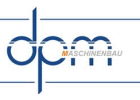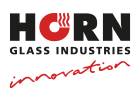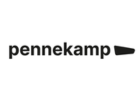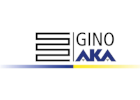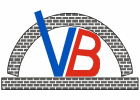What areas of your process can be improved to make your operations more efficient? Are there any gaps you need to fill?
Often, issues that seem insignificant can, in fact, add up to considerable waste for the company. So, take the time to assess whether there are any weak points that need attention – and let us guide you on where to look.
Increasing profitability is every business owner’s goal, but it demands a lot of effort and readiness to change. So, what does it take to make glass processing most profitable and competitive?
Eliminating any possible waste within processes.
By this, we mean optimizing each step of your production to reach a holistic, efficient operation that reduces costs and improves overall revenue.
The commonly known wastes defined by lean manufacturing include defects, inventory, transportation, motion, waiting, overprocessing and overproduction.
We’ve put together a short eBook addressing these seven wastes. You can download it here.
We look into circumstances that create each of these wastes in glass tempering, give insights on how to recognize them and recommend how to optimize every stage of the process to minimize their impact.
This eBook will be helpful for every glass processor who wants to set up a high-performing tempering process and make sure no issue is overlooked.
If you’re convinced your manufacturing performance is already as smooth as you would like, that’s great!
Still, you can still use this guide as a quick checklist to see whether you’re always on target in each of the waste categories. After all, it’s always great to save more.
Check it out here!





